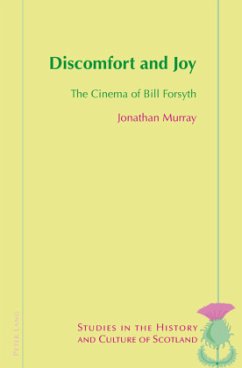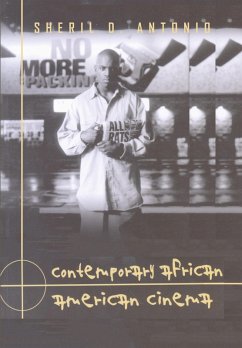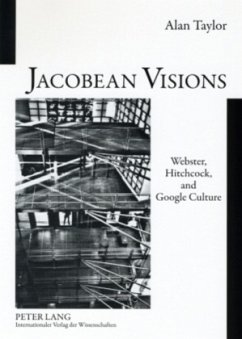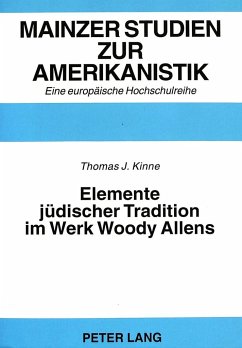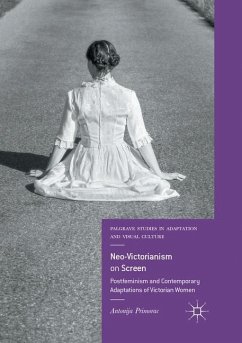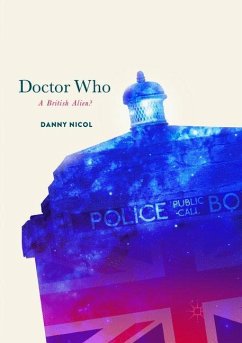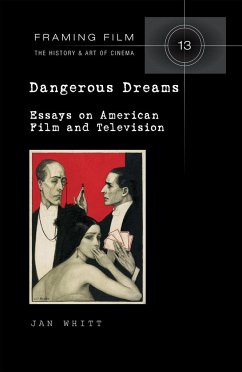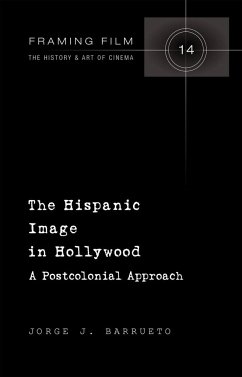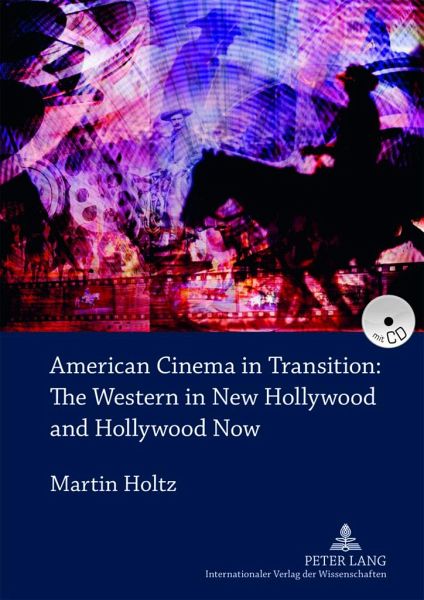
American Cinema in Transition: The Western in New Hollywood and Hollywood Now
Versandkostenfrei!
Versandfertig in 6-10 Tagen
122,50 €
inkl. MwSt.

PAYBACK Punkte
0 °P sammeln!
Using the example of the fundamental American film genre, the Western, this book sets out to evaluate modern Hollywood on the basis of aesthetic, industrial, and ideological factors by the comparison of its formative stage "New Hollywood" (1967-1976) with its contemporary make up "Hollywood Now" (2001-now). The centerpiece of the book is the analysis of a broad range of Westerns, incorporating roughly 100 films and presenting fresh perspectives on classics like The Wild Bunch and Little Big Man , but also discussing neglected films like Billy Two Hats and Bad Company , and modern films such as...
Using the example of the fundamental American film genre, the Western, this book sets out to evaluate modern Hollywood on the basis of aesthetic, industrial, and ideological factors by the comparison of its formative stage "New Hollywood" (1967-1976) with its contemporary make up "Hollywood Now" (2001-now). The centerpiece of the book is the analysis of a broad range of Westerns, incorporating roughly 100 films and presenting fresh perspectives on classics like The Wild Bunch and Little Big Man , but also discussing neglected films like Billy Two Hats and Bad Company , and modern films such as Brokeback Mountain and No Country for Old Men . A main argument is that the Western has developed from a predominantly conservative genre in classical Hollywood to a medium for artistic innovation and subversive political implications in "New Hollywood" to a cultural artifact that bespeaks a self-reflexive scrutiny of cinematic artifice in "Hollywood Now".



